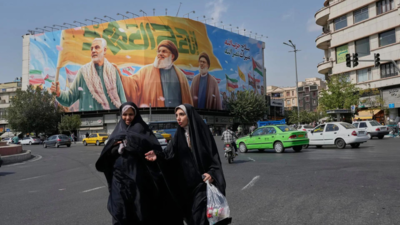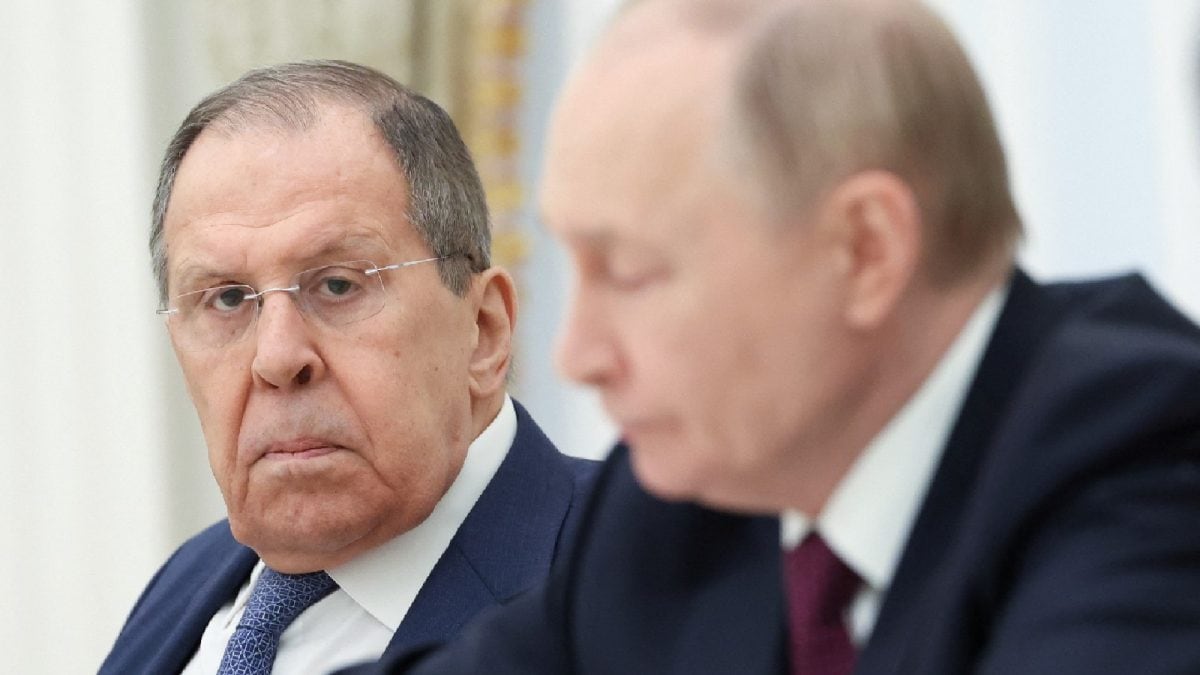The United Nations has reimposed wide-ranging sanctions on Iran over its nuclear programme, further tightening the squeeze on the Islamic Republic as it grapples with soaring food prices, currency collapse and fears of renewed conflict with Israel and the United States.According to news agency Associated Press (AP), the sanctions—revived through a “snapback” mechanism from the 2015 nuclear accord—took effect early Sunday. They will freeze Iranian assets abroad, block arms deals, and penalise Tehran’s ballistic missile development. France, Germany and the United Kingdom triggered the snapback after accusing Iran of restricting monitoring by the International Atomic Energy Agency and failing to account for its growing stockpile of highly enriched uranium.Iran has long maintained its programme is peaceful, though the West and the IAEA believe it had organised weapons work until 2003. As per AP, Iran still holds uranium enriched up to 60% purity, close to weapons-grade levels, enough to produce several bombs should it decide to pursue weaponisation.The economic toll is already severe. The rial hit record lows, pushing up prices of staples like rice and meat.Inflation officially stands at 34.5%, with food costs up more than 50%. “Every day I see new higher prices for cheese, milk and butter. I cannot omit them like fruits and meat because my kids are too young to be deprived,” said Tehran resident Sima Taghavi, as cited by AP. Another, identified only as Sina, described conditions as worse than during the 1980s Iran-Iraq war, “For my generation, it’s always either too late or too early—our dreams are slipping away.”The measures mark the first time in a decade that UN sanctions have returned. US secretary of state Marco Rubio urged Iran to “accept direct talks, held in good faith,” while Britain, France and Germany said they remain open to diplomacy. Germany’s foreign minister Johann Wadephul told the UN General Assembly that “Iran must never acquire a nuclear weapon,” stressing sanctions were triggered due to Tehran’s non-compliance.Iranian President Masoud Pezeshkian rejected US proposals to surrender enriched uranium for limited reprieve, calling them unacceptable. Tehran recalled its envoys from Britain, France and Germany in protest. Russia, however, said it would not enforce the sanctions, with foreign minister Sergey Lavrov describing them as “blackmail and pressure.”Meanwhile, fears of escalation loom. As per AP, missile sites destroyed during the 12-day war in June appear to be rebuilt, raising risks of renewed clashes. Israeli Prime Minister Benjamin Netanyahu told the UN that sanctions should not be delayed and signalled Israel could take further military action.As per AFP, Iranians are rushing to buy gold as the rial plunged to 1.12 million to the dollar on the black market. One engineer, Dariush, was quoted by AFP as saying, “The impact of the renewed sanctions is already evident: the exchange rate is increasing, and this is leading to higher prices. Our standard of living is much lower than two or three years ago.”Human rights groups also warn of intensifying repression. Executions in 2025 have already surpassed 1,000, the highest since 1988, amid unrest over economic hardships and political demands.With sanctions back in force and diplomacy uncertain, the Iranian people face what one psychologist described to Hamshahri newspaper as a society “exhausted and unmotivated”—caught between international isolation, internal crackdowns, and fears of another war. Go to Source

'Snapback' over nuclear programme: UN hits Iran with sanctions



